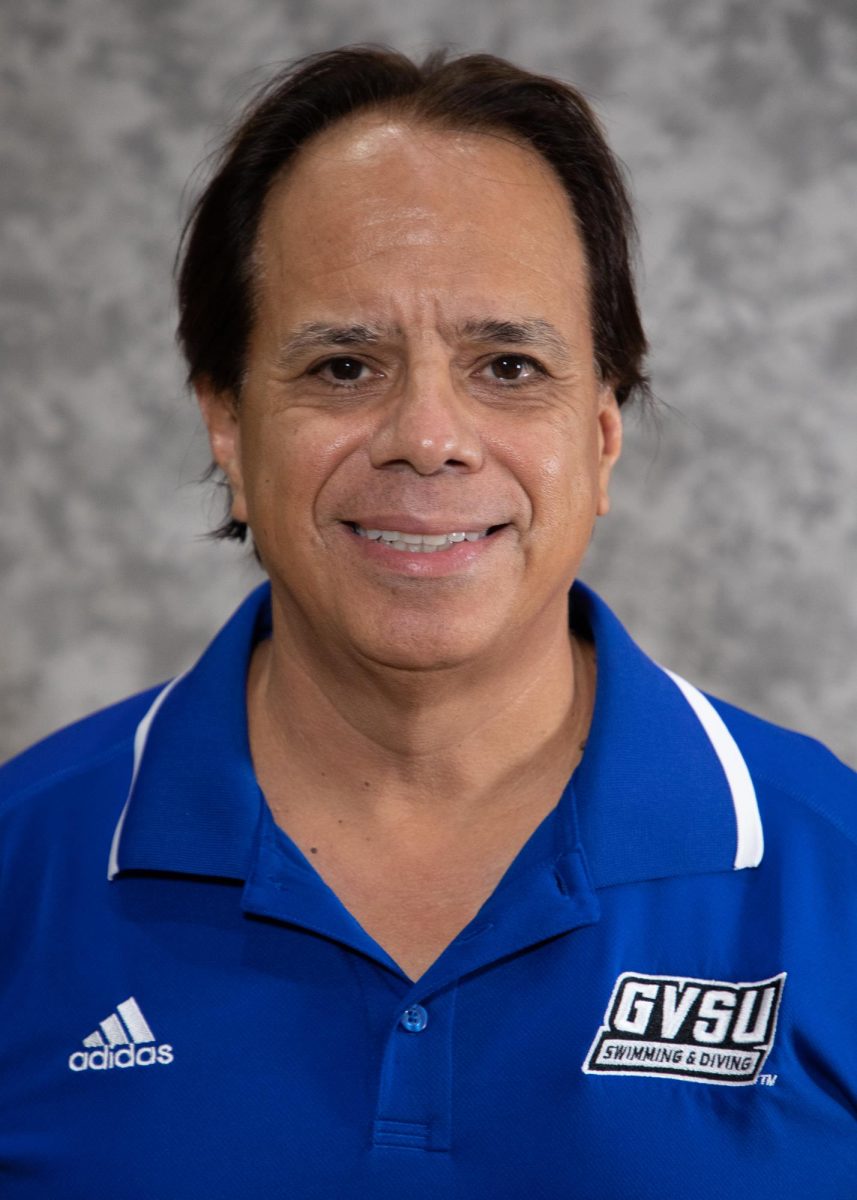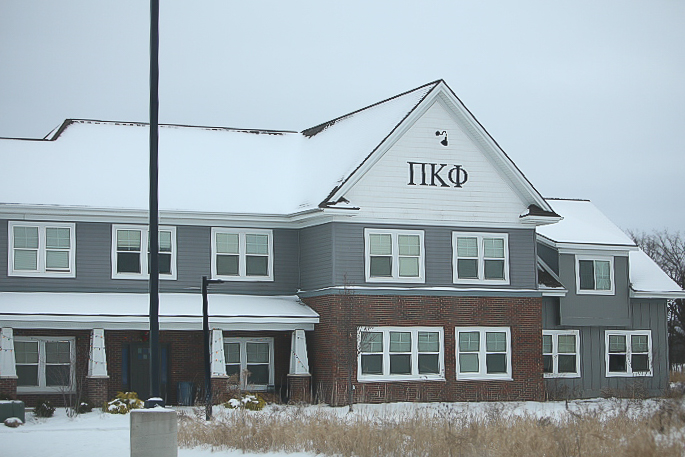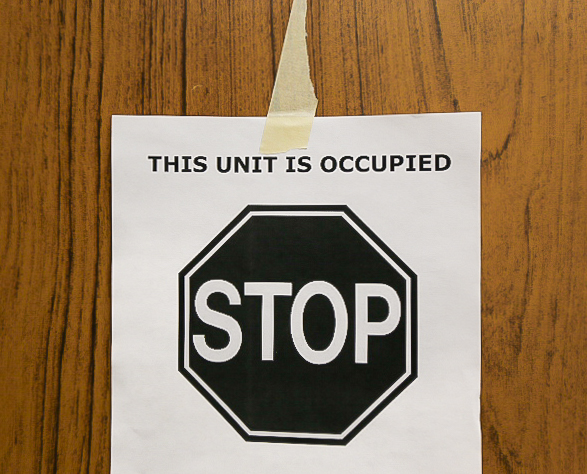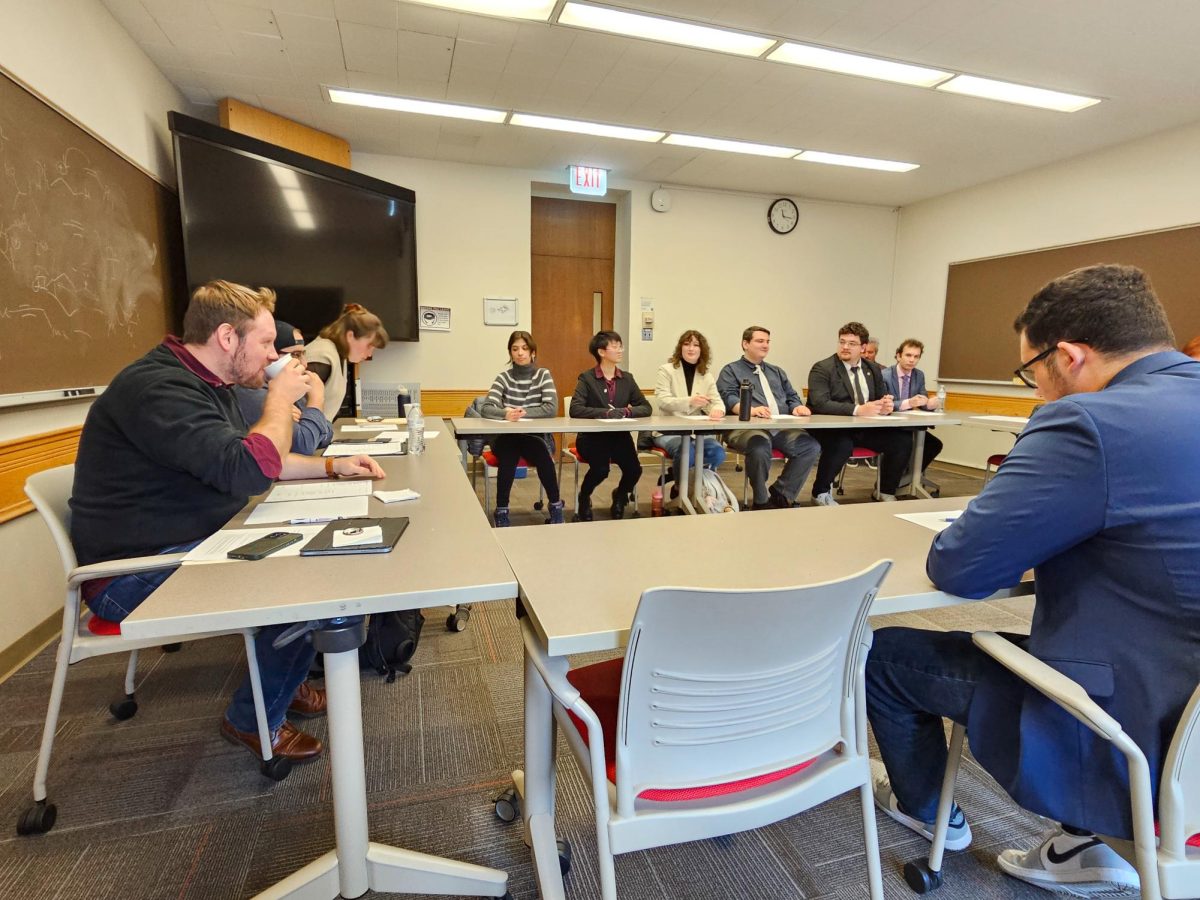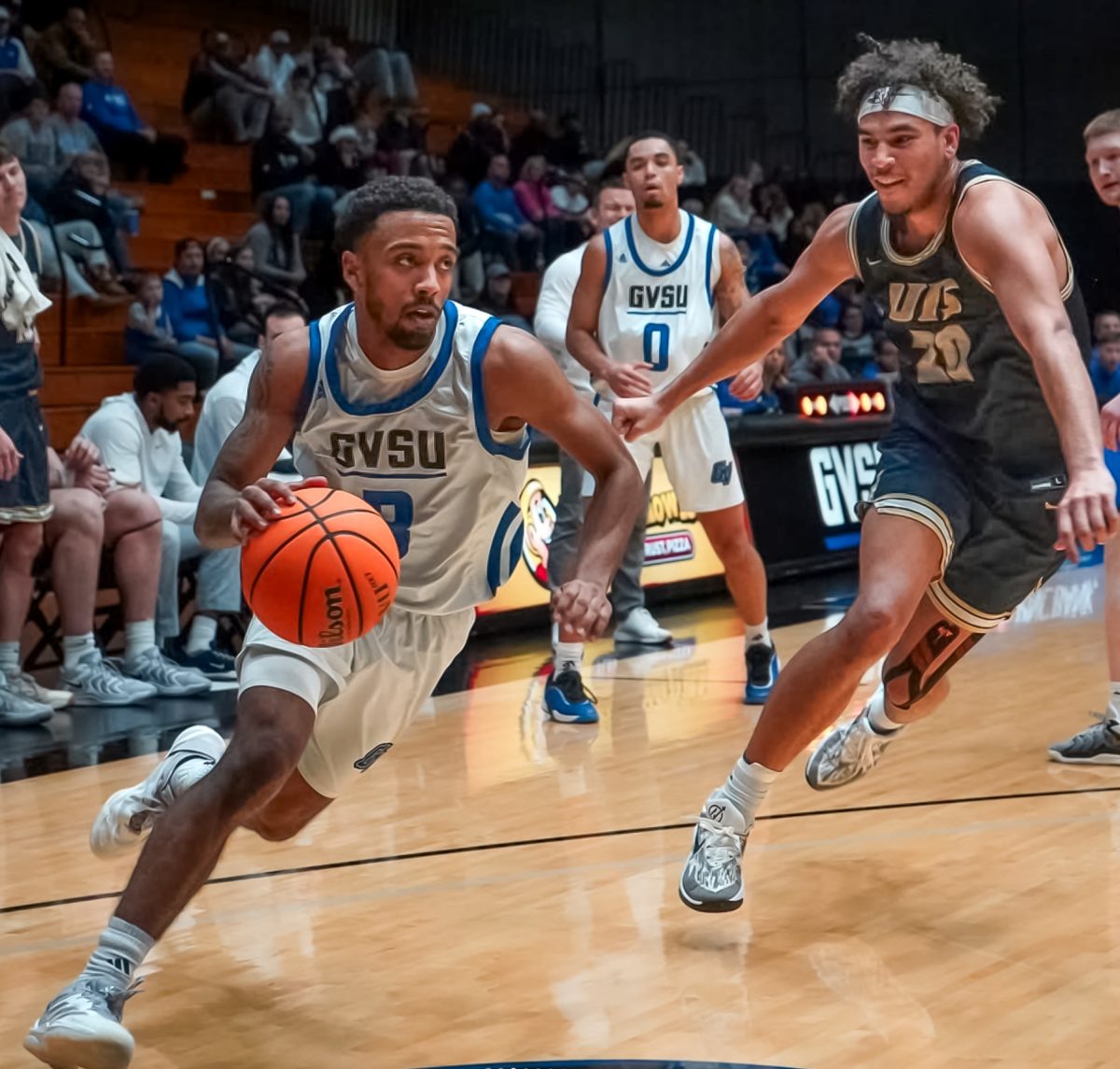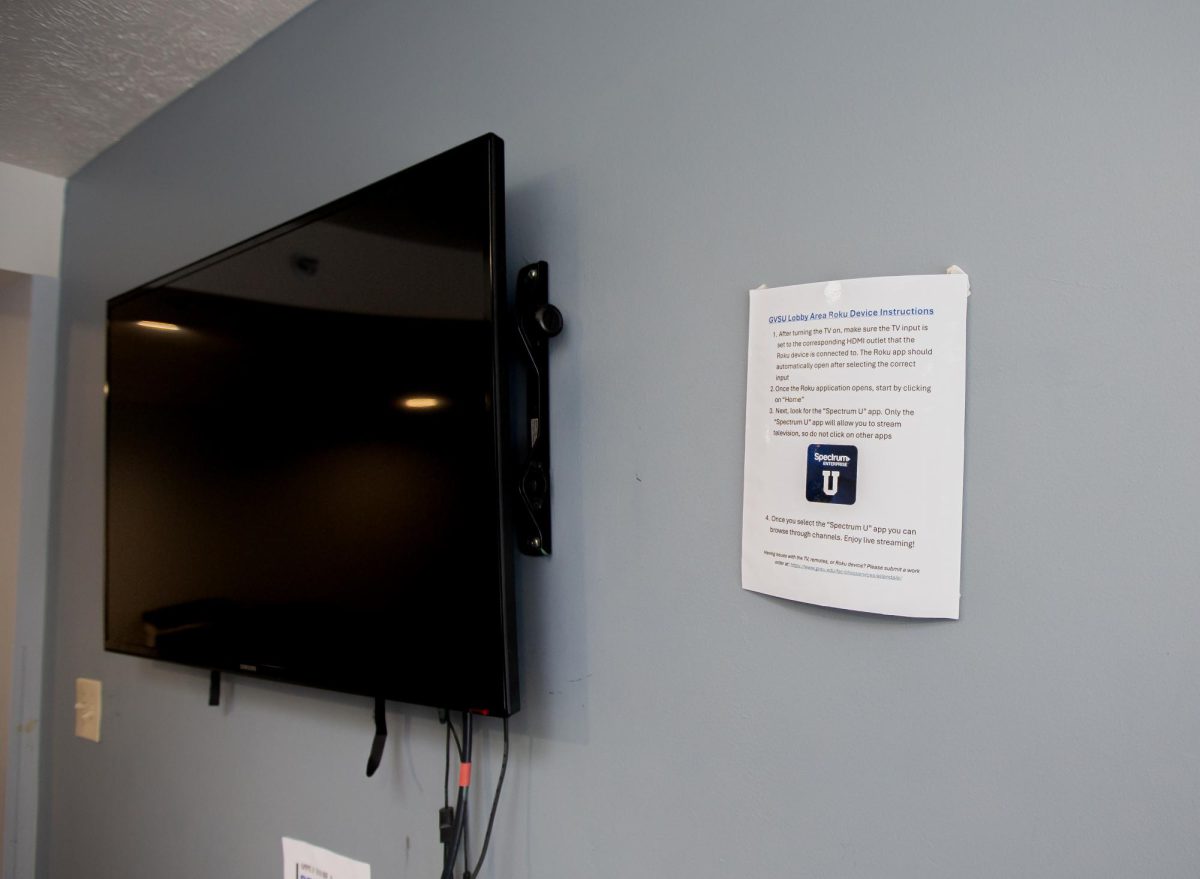?The limits of academic freedom?: The public shaming of a Wisconsin prof
Mar 23, 2014
The Lanthorn has, in recent issues, called for a renewed vigilance in defending free speech rights at GVSU. In light of many campus-wide discussions about related topics—response to student opinion about university fundraising, the Foundation for Individual Rights in Education’s critique of GVSU’s bias incident report guidelines, and the “Teach-In” on Wednesday that will address inequality and social justice—it is certainly necessary for us to adopt a campus attitude that encourages free expression for all students, faculty, staff and administrators, especially over difficult or potentially divisive issues.
A recent article in The Chronicle of Higher Education provides chilling evidence for the necessity of this call. Peter Schmidt, in “One Email, Much Outrage,” details the public shaming of Rachel Slocum, an assistant professor of geography at the University of Wisconsin at La Crosse. On October 1st, 2013, in the midst of the government shutdown, Slocum sent an email to her students when she discovered that they would not be able to access the Census website to do an assignment. Slocum, in the short email, vents mild, albeit politically-charged, frustration where she writes, “Some of the data gathering assignment will be impossible to complete until the Republican/Tea Party controlled House of Representatives agrees to fund the government…[your work] will have to wait until Congress decides we actually need a government.”
That was the extent of what one online partisan publication, The Daily Caller, called “a vitriolic email” that “rails at students” in order to “wage a campaign against Republicans.” How did that publication discover Slocum’s email? One of Slocum’s students took a screen shot of the email and posted it to Twitter, along with the commentary: “Can’t do my homework for class; govt. shutdown. So my prof. blames Republicans in an email blast…” The situation, from there, quickly spiraled out of control. The morning after she sent the email, Slocum discovered that her inbox was full of hate mail. So was that of University Chancellor Joe Gow, who subsequently sent an open message to the whole campus in which he claimed that Slocum’s speech did not merit the protection of academic freedom because of its, in his view, irrelevant “highly partisan political reference.” What has ensued is a debate that has received national attention and the action of the Foundation for Individual Rights in Education, which came to Slocum’s defense. Nevertheless, having already been denied tenure before the incident, Slocum is growing increasingly fearful for her career.
Many questions arise. For one, was Slocum’s email an unnecessary imposition of her political views on students? Perhaps, but not to the extent that it would merit public derision of the kind she endured. And was the Chancellor’s reaction a defense of students’ rights or a knee-jerk response to the many angry emails he also received, plenty of which surely accused him of the same crimes attributed to Slocum? I think knee-jerk, but that does not mean he was wrong to express concern over the way one professor chose to present her political views to students.
The issue is indeed complicated, but one thing is uniquely troubling. Events like these all seem to have the same insidious effect: by cultivating a general sense of paranoia among professors and students, they subtly discourage speech that ought to be protected. That is to say, such events cause professors in particular to fear coming under intense and unyielding scrutiny for the expression of any opinion, political or otherwise. Though it is certainly important that professors be prudent about what they say in class—for students certainly do feel alienated when their professors double as ideologues—it is likewise important that professors continue to open up for discussion issues that might cause discomfort or division. Why? Because their job as educators does not merely entail the “giving of information;” rather, they are charged with modeling good debate and civil discourse. Given the many issues being discussed on campus, it is eminently important that professors at GVSU take their roles as liberal educators seriously. Students need it.
Perhaps, then, Slocum’s story can operate as a “teachable moment” for all educators concerned about the limits of academic freedom in the digital age. If pronouncements like Slocum’s were properly revised so as not to constitute a frustrated “imposition” of a political view, but rather an invitation to meaningful debate, then maybe students such as Slocum’s would, instead of posting to Twitter, challenge the political views they are presented. That certainly would be an approach to debate worth cultivating.




